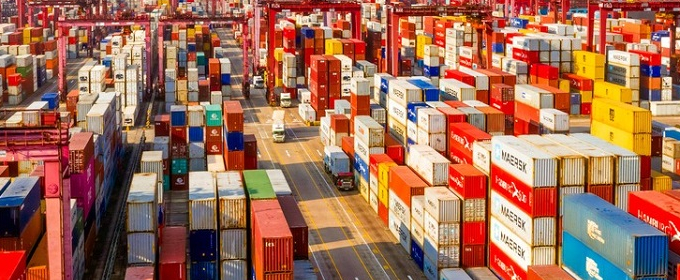The government’s Cyber Security and Resilience Bill aims to strengthen national security and boost cyber protections for the services that people rely on every day. In this article, Professor Daniel Dresner outlines how a sociotechnical approach to cyber security can be used to target vulnerabilities in the cyber ecosystem. 7.7 million cybercrimes have been experienced […]









